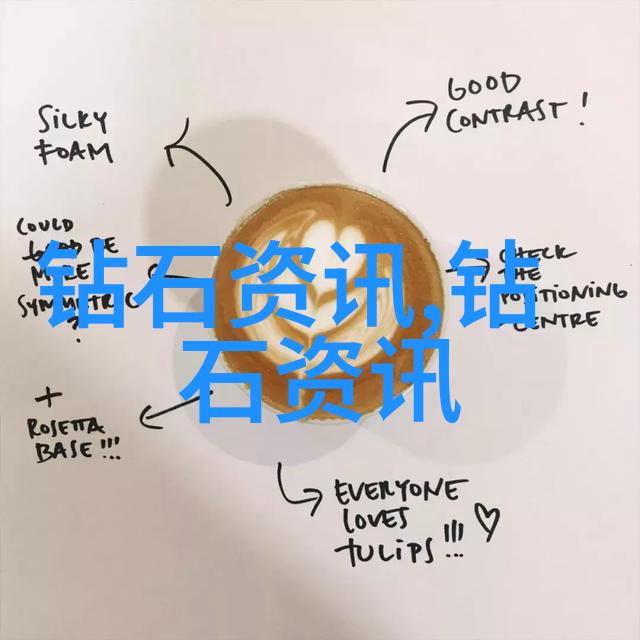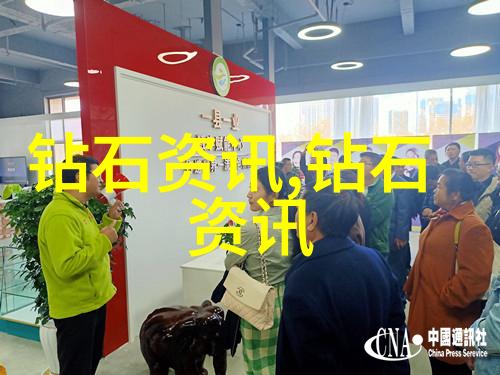How does Confucianism shape modern Chinas values a
How does Confucianism shape modern China's values and beliefs?
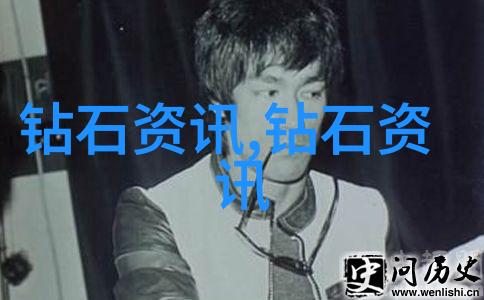
Confucianism, as one of the most influential philosophies in Chinese history, has played a significant role in shaping the country's cultural identity. With its rich teachings and principles, it has permeated every aspect of Chinese society, from politics to family life. Despite being introduced over 2,500 years ago by Kongzi (or Confucius), this ancient philosophy remains an integral part of contemporary China.
The core tenets of Confucianism include ren (benevolence or humanity), yi (righteousness or morality), li (etiquette or propriety), zhong (loyalty) and xin (integrity). These five virtues are considered essential for individuals to live harmoniously within their communities. In essence, they form the foundation upon which social relationships are built.
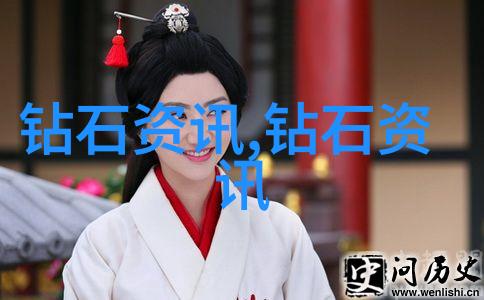
One key principle is filial piety – the respect and care for parents that extends beyond death. This is reflected in traditional funeral customs where families honor their ancestors through offerings at home altars. Such practices demonstrate how deeply-rooted Confucian values remain in modern-day China.
Education also plays a vital role in upholding these values. The emphasis on learning and self-cultivation is evident from early childhood education programs to higher academic institutions like Tsinghua University. This commitment to knowledge helps foster critical thinking skills while reinforcing moral standards set forth by Confucius' teachings.
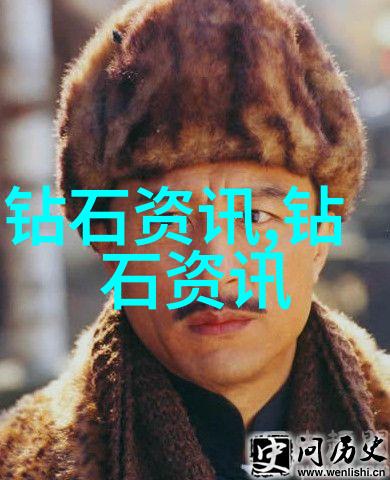
In business settings too, these principles apply - trustworthiness being a highly valued trait among entrepreneurs as well as employees alike; honesty when conducting transactions; loyalty towards colleagues and partners; all contribute towards building strong professional networks that underpin successful enterprises.
Even though Communism was officially adopted as the state ideology following 1949 revolution led by Mao Zedong's Communist Party of China , elements such as collectivism can be traced back to certain aspects of Confucian thought emphasizing harmony within groups rather than individualistic pursuits .
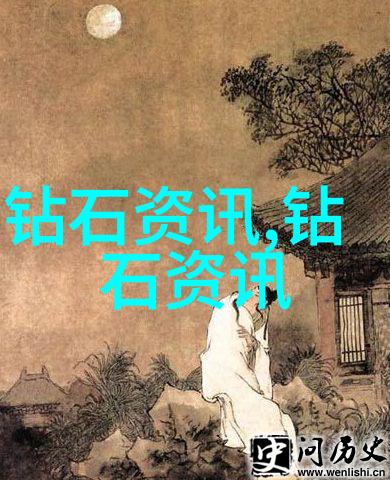
Furthermore, understanding personal responsibilities through roles defined according to gender - men taking on more public roles while women focusing on domestic duties - reflects another aspect inherent within traditional Chinese culture shaped partly due to influence from this philosophical system
Despite some criticisms surrounding rigid adherence leading potentially oppressive societal norms especially against women & minorities , there no doubt remains widespread recognition throughout contemporary Chinese society about importance attributed toward maintaining balance between personal ambition & collective good

This essay provides insight into how deeply ingrained Confucian ideas have become part not just historical but also ongoing fabric that makes up present-day Chinese culture . As we explore further what implications do these timeless teachings hold today?


